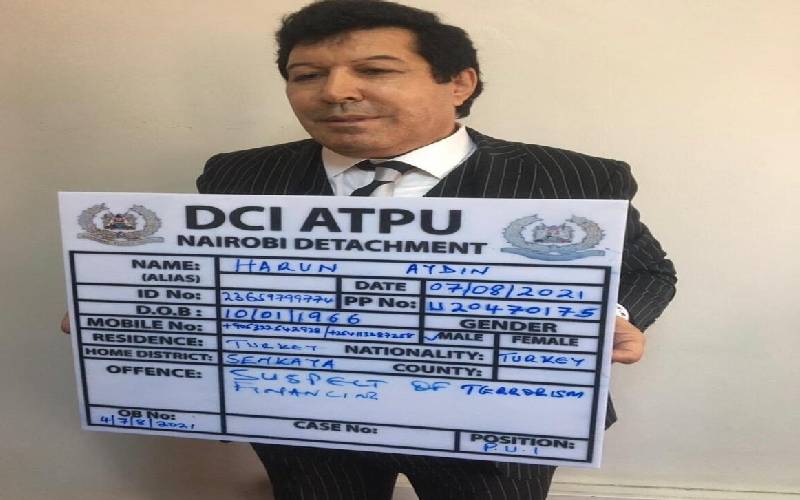×
The Standard e-Paper
Home To Bold Columnists

The Turkish national Harun Aydin when he was arrested.[DCI]
Few foreigners have caused as much of a stir as Harun Aydin, the Turkish national who left the country under unclear circumstances earlier this week.